The President's working trip takes place in the context of Vietnam celebrating the 48th anniversary of its accession to the world's largest multilateral organization, the United Nations (September 20, 1977 - September 20, 2025).
On this occasion, Assistant Secretary-General of the United Nations, Director of the Asia- Pacific Region of the United Nations Development Programme (UNDP) Kanni Wignaraja had an interview with a reporter from Vietnam News Agency about Vietnam's participation in the common work of the United Nations as well as the cooperation between Vietnam and UNDP:
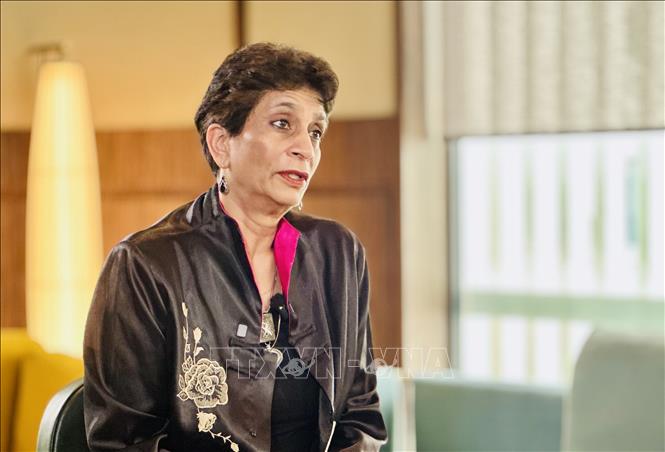
How do you evaluate Vietnam's role and position in the region and the world today?
First of all, from the United Nations and UNDP, warm congratulations to Vietnam. With all that it has been through in the past, Vietnam sees history as part of its story but is also willing to put the past behind it and look forward to the future. The recent National Day celebrations truly showed that it was a celebration of Vietnam today and in the future.
A country that has come together and stood strong, a country where everyone has an equal footing. That is something to be celebrated. For the United Nations and UNDP, those are the most important core values. I think at the heart of that is that Vietnam now wants to play a more contributing role in ASEAN, the Asia-Pacific region and the world.
The world needs more voices like Vietnam to show that things can be done differently. You can move beyond a war and post-war period, put the past behind you, learn from the past and move towards peace and stability, not only for your country but for the world.
So my wish, as someone who admires and respects this country very much, is to see Vietnam play a bigger global role, in peacekeeping, in peacemaking, in demonstrating the new development trend that Vietnam will pursue and supporting less fortunate countries. Because when Vietnam was in trouble, other countries helped, and now Vietnam can help other countries in trouble.
Vietnam and UNDP have had a long-standing cooperative relationship. What do you think will be the next key areas of cooperation in the coming period?
UNDP has been present in Viet Nam since 1978 – one of the first United Nations offices here. That relationship is built on deep trust and UNDP has accompanied Viet Nam in the first steps of Doi Moi, from supporting institutional changes to improving public service capacity, all of which have contributed to Viet Nam’s development.
What I am very proud of when I come back to Vietnam today is to witness the next phase of governance reforms. How does the judiciary meet the new demands of Vietnam, both domestically and internationally? If you want to develop the private sector, or how do you develop a strong domestic capital market? Vietnam needs a more vibrant domestic capital market, not just FDI. FDI will come when there is a strong domestic capital market. How do you continue to develop human resources?
Because what people learn, the skills of yesterday may not be enough for tomorrow. The education system needs to be reformed to prepare the young generation of Vietnam to compete globally.
Most importantly, I think, with the support of UNDP and other partners, Vietnam can demonstrate that economic growth does not have to come at the expense of the environment. Prosperity must be for both people and the planet. I think that will be a good model of development and Vietnam will become a role model for other countries.
What is your assessment of the progress of implementing the Sustainable Development Goals (SDGs) in Vietnam?
The SDGs are not a destination, but a journey. It is a journey that is constantly evolving and growing. It is very encouraging that Viet Nam has integrated the SDGs into its national plans. However, the question is whether all localities, with the recent reforms, have integrated the SDGs into their local development plans? Because it is the provinces and cities where people actually live and are directly affected. This is what UNDP will prioritize to support.
Although administrative units are merged, that does not mean that the journey of sustainable development will be interrupted, not reaching everyone, where they live. If every Vietnamese person can understand that "SDG is for me, for my community", then we will have succeeded.
For UNDP, we will work with all our local partners in Vietnam, international partners to make that happen. Part of that is innovation, breakthrough development with artificial intelligence (AI), but the core is still people. If people see the capacity, the excitement and the determination to improve not only their own lives but also their communities, I think Vietnam will break through.
There are many concerns about the "middle income trap". What is your view on this issue for Vietnam?
Regarding the “middle income trap”, I personally and UNDP do not use the term “middle income trap”. It carries a certain sense of helplessness, as if you are locked in a cage and cannot escape. I do not think that is the story of Vietnam or of many countries in our region. So I think what you are saying about escaping the “middle income trap” – in fact, it is just a “mental trap”.
The issue is not who is holding us back, but whether each of us has the determination and the right policies to move forward. It is a story of institutional reform, using financial resources effectively to develop prosperity for more people, to attract more capital flows, …. to help promote not only the economy but also increase social welfare.
The bigger question is: Vietnam wants to be a high-income country, but are its people happy? It’s a different set of criteria when you look at it from different angles: do people have equal opportunities to develop? Do people feel a strong attachment to the country? And do people have a strong desire to move forward together; development is not just for the big cities. I think these are the issues that, if solved, will really help Vietnam escape the “middle-income trap”.
And this is also the reason why I feel honored that UNDP in particular and the United Nations in general are working in this country, because this is a country that believes in the above core values, adheres to the United Nations Charter. Vietnam will play an increasingly important role globally, in the region. The most valuable asset that Vietnam has is its people. If we continue to invest in people – in capacity, aspiration, identity and equality, I believe that Vietnam will achieve breakthrough achievements in the future.
Thank you very much!
Source: https://baotintuc.vn/thoi-su/tin-tuong-viet-nam-dong-vai-tro-toan-cau-lon-hon-nua-20250919141144700.htm



![[Photo] Prime Minister Pham Minh Chinh chairs the first meeting of the Central Steering Committee on housing policy and real estate market](https://vphoto.vietnam.vn/thumb/1200x675/vietnam/resource/IMAGE/2025/9/22/c0f42b88c6284975b4bcfcf5b17656e7)




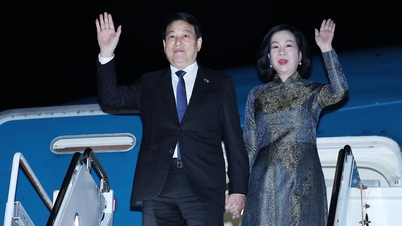

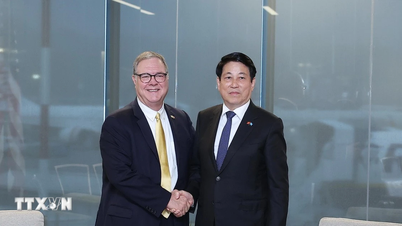




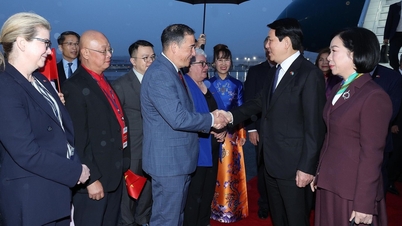


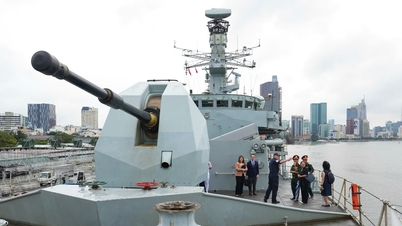
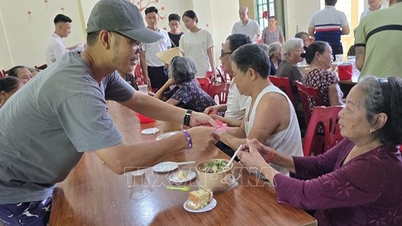


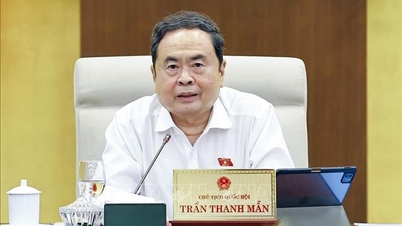





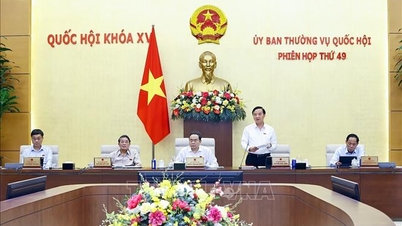


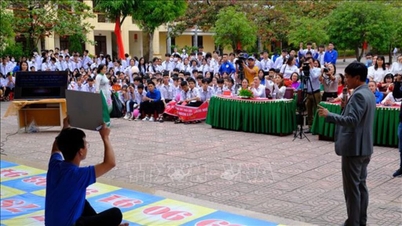
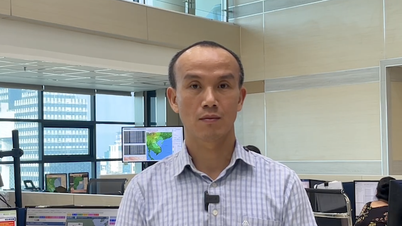
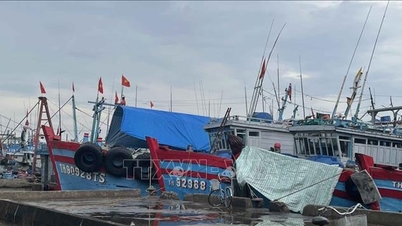
![[Photo] General Secretary To Lam presents the First Class Labor Medal to the Vietnam National Energy and Industry Group](https://vphoto.vietnam.vn/thumb/1200x675/vietnam/resource/IMAGE/2025/9/21/0ad2d50e1c274a55a3736500c5f262e5)



























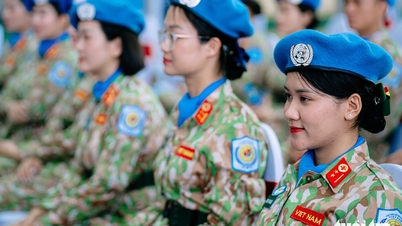








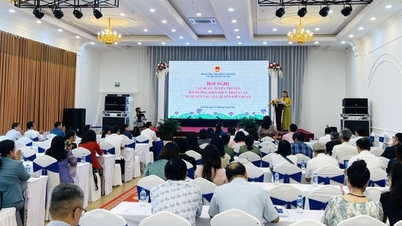


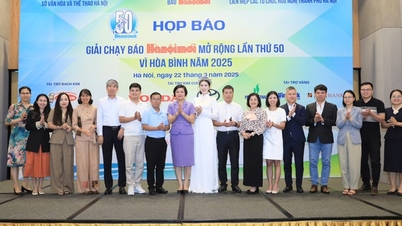


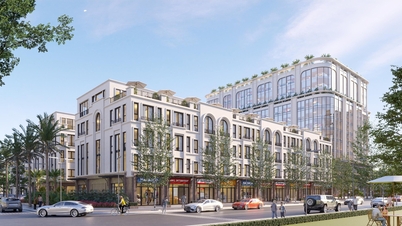
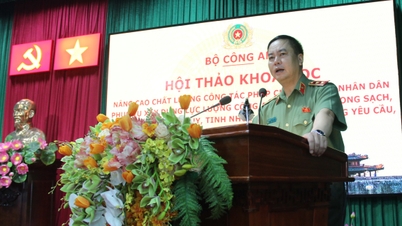
















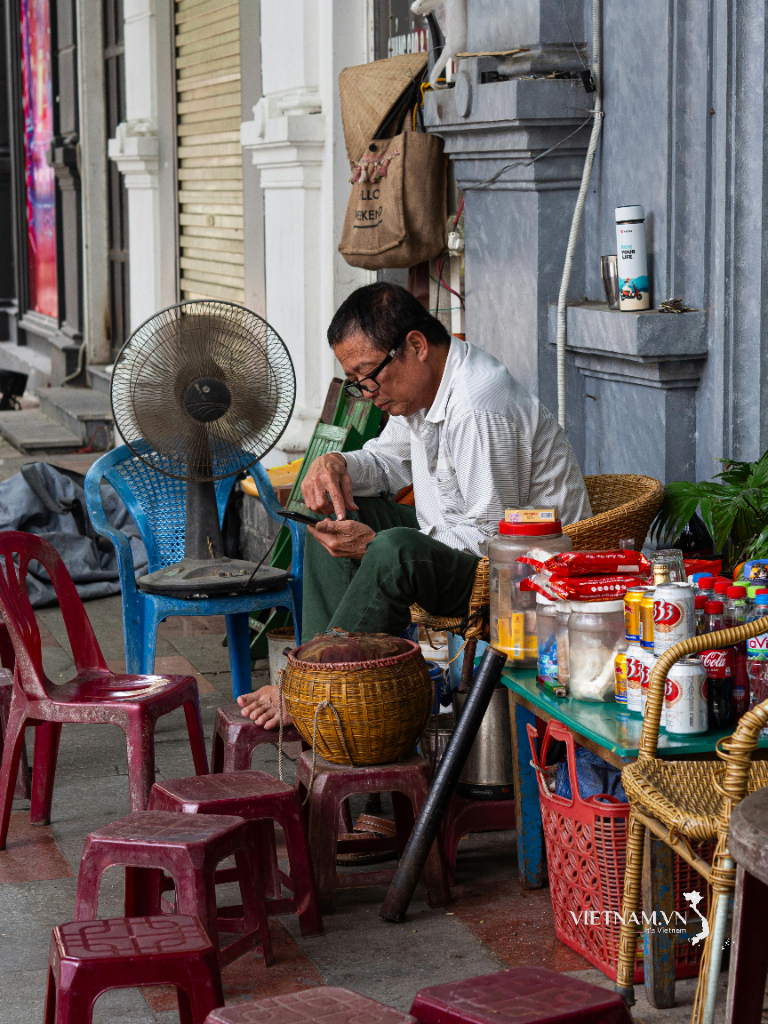

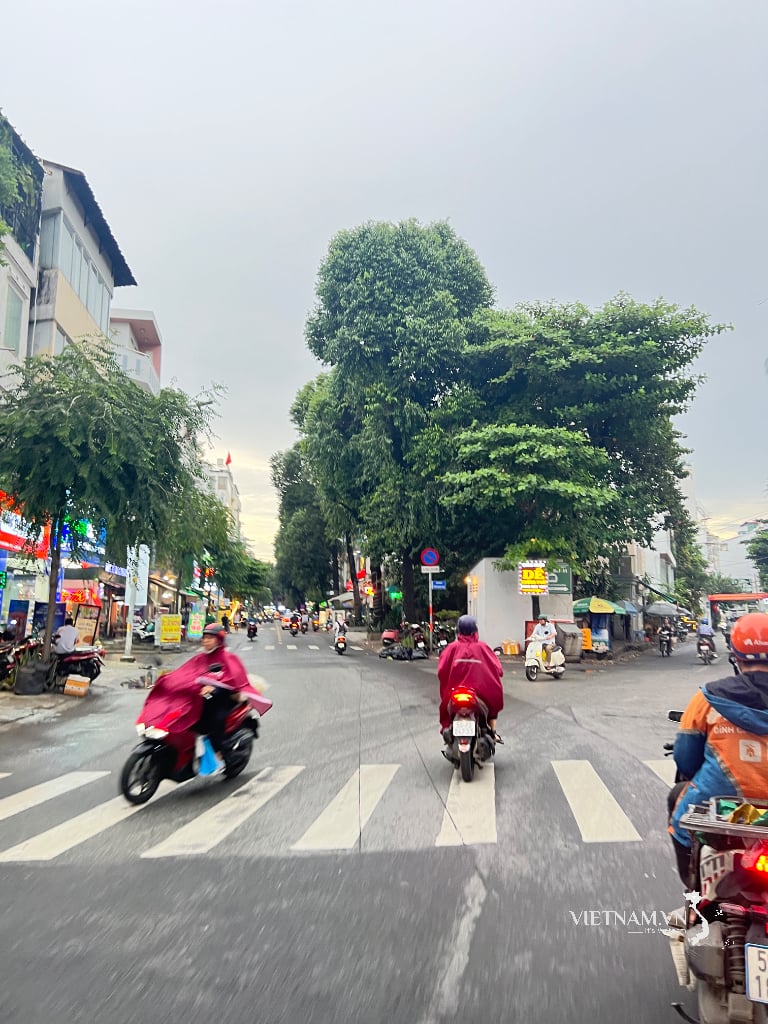
Comment (0)